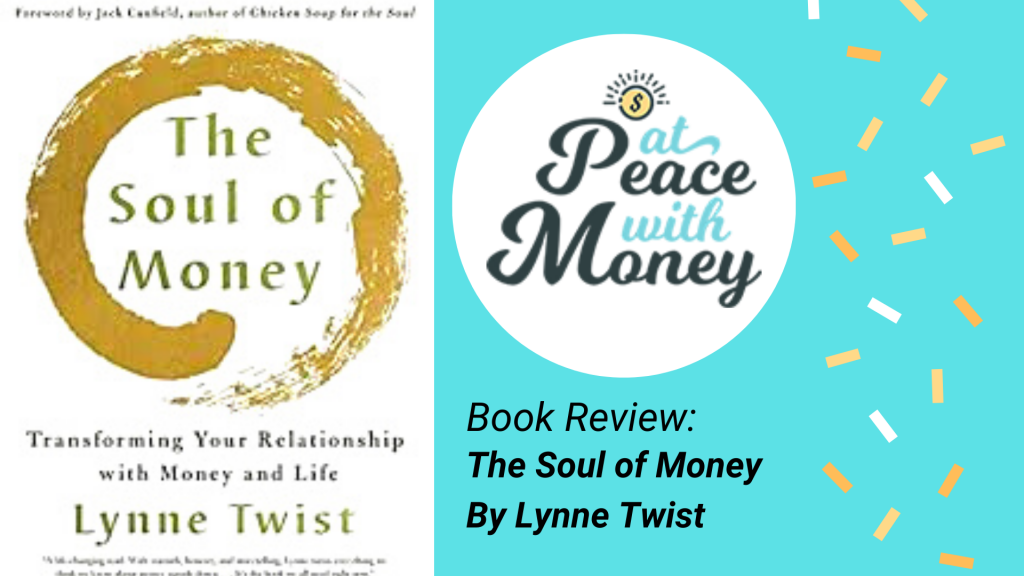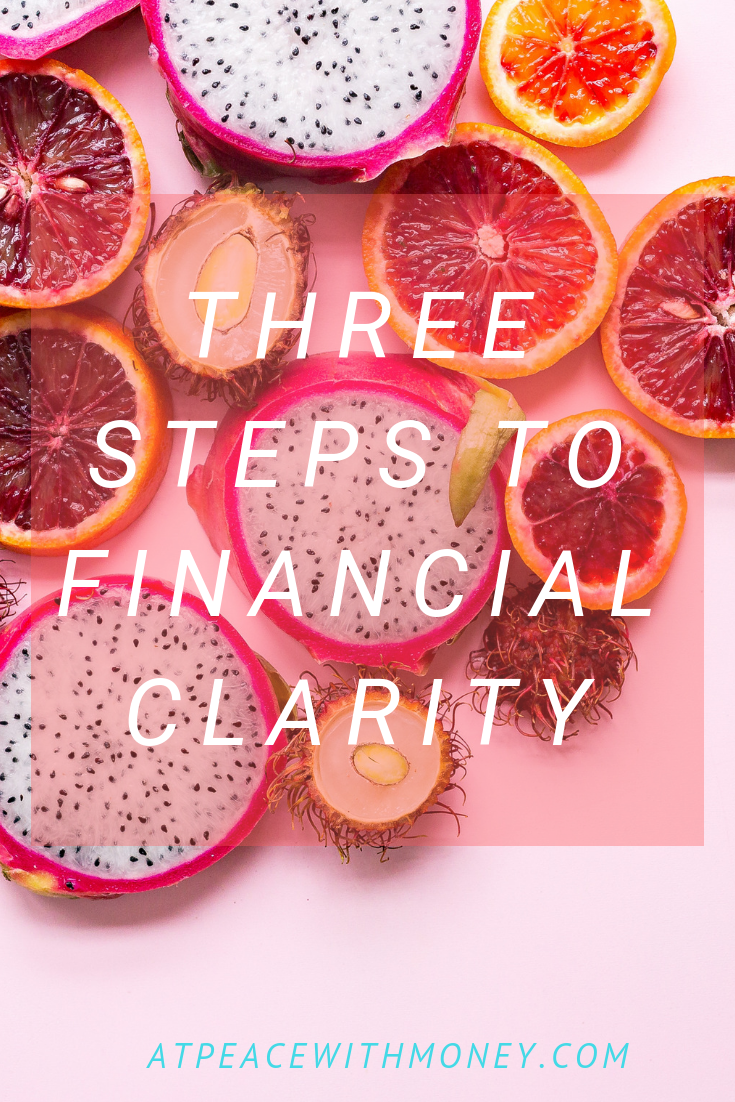Is Your Money Affecting Your Relationships?: 3 Tips to Cultivate A Healthier Money Relationship

How we interact with our money can affect how we interact with others, and ourselves. So it’s important to tend to our relationship with money, in order to keep things clear in our other relationships! Today, I’m talking about three different ways that money may be affecting your relationships, and how you can begin to cultivate a healthier relationships with your money. I’ll be referencing The Soul of Money, an amazing book by Lynne Twist, throughout. Check out my book review if you’d like to learn more!
1. Dissolve the Competition
“Money has become a playing field where we measure our competence and worth as people. We worry that if we stop striving for more, we’ll… lose our advantage.” – Lynne Twist, The Soul of Money
As this quote highlights, money in our society is a high-stakes game. The competition and the need to always be getting more, buying more, earning more, and doing more can creep in and take over our lives. This can and does affect our social relationships. The phrase “keeping up with Joneses” is direct proof of how competition around money can affect how we interact with our neighbors, friends, and community members. At the same time, it’s also evidence of how we tend to measure ourselves and our efforts – against our earnings.
To cultivate a healthier relationship with money, and in turn, healthier social relationships, I suggest beginning by removing this element of competition. Work with affirmations or turn to mindset work or journal prompts to find ways to uproot this tendency. Talk openly with other people about your money. That’s a perfect segue into my next point!
2. Practice Transparency
“Our behavior around money has damaged relationships when money has been used as an instrument of control or punishment, emotional escape or manipulation, or as a replacement for love.” – Lynne Twist, The Soul of Money
Find some people who you can really trust to talk to about money. I call this process building a Money Team. In particular, it’s great to have a friend or two who you can open up to about finances.
Having a Money Buddy can give you a space to practice financial transparency, and get more comfortable bringing up money in your social relationships. This can be a great way to work on the feelings that come up around money in this arena. Eventually, you might find yourself feeling more comfortable sharing about your financial situation in general!
3. Create a Spiritual Connection to Your Money
“Your relationship with money can be a place where you bring your strengths and skills, your highest aspirations, and your deepest and most profound qualities.” – Lynne Twist, The Soul of Money
The Soul of Money is definitely an excellent resource in this area. Lynne Twist writes about how money is like water, it’s a resource that’s meant to flow. She encourages us to recognize that money itself is not problematic, and that it is instead the interpretation of money that brings up so many issues.
Doing some personal work around our connections with money can be a great way to prevent it from interrupting our connections with ourselves and others. If you’d like some resources for this pursuit, I have a couple suggestions:
- Along with The Soul of Money, Financial Recovery and Your Money or Your Life are also great reads
- “What’s Your Money Mindset?” is a quick read for more on this concept
If you enjoyed this article, you’ll probably like being on my newsletter! Click here to subscribe and receive my monthly tailored newsletter full of important financial conversations, and my weekly blog updates.



















 File Your Taxes On-Time!
File Your Taxes On-Time!



 Now that you know where you are and where you’re going, it’s time to figure out how you’ll get there. This is the step where strategy comes in. Based on all the information you’ve already looked at during Step 2, you should be able to determine what will help you get to your destination. Whether that’s
Now that you know where you are and where you’re going, it’s time to figure out how you’ll get there. This is the step where strategy comes in. Based on all the information you’ve already looked at during Step 2, you should be able to determine what will help you get to your destination. Whether that’s